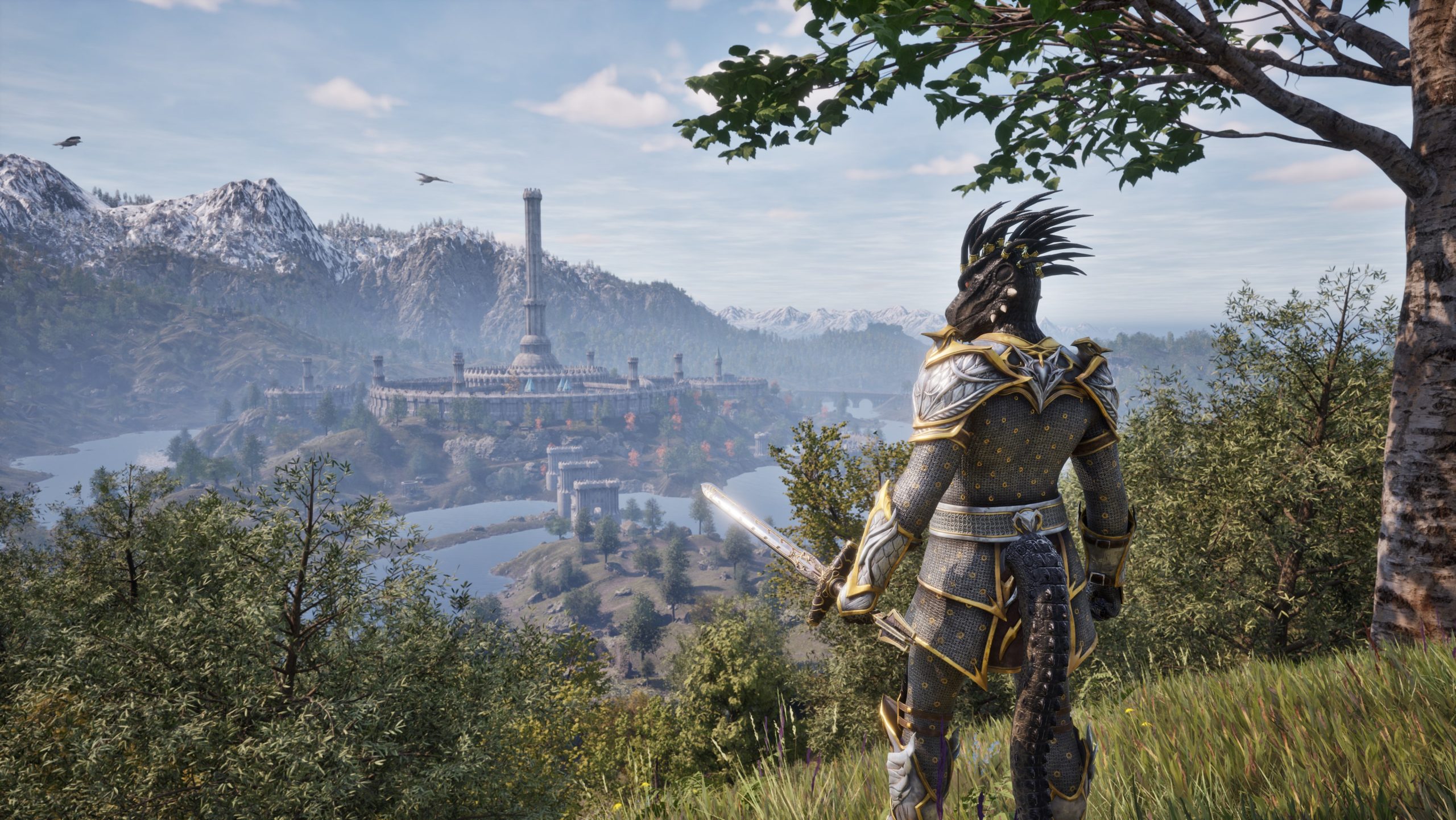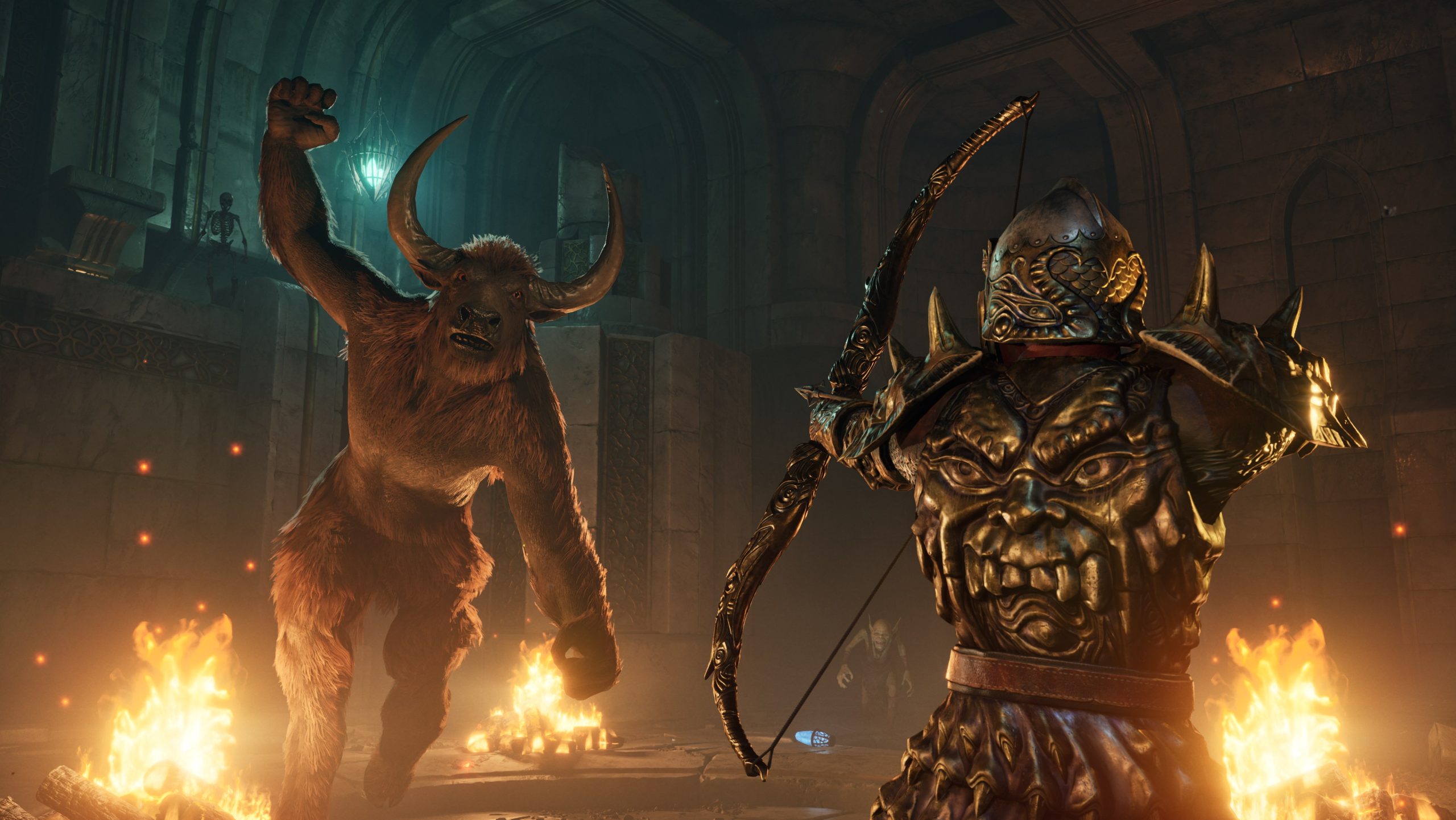The Elder Scrolls IV: Oblivion Remastered has been a hit among gaming fans, both longtime players and newcomers like myself. But recently, I’ve noticed some people calling it a remake simply because it looks so good. That’s where I start scratching my head. The logic is flawed, and honestly, it gets under my skin. I’ve had more debates about this topic than I care to admit, and they usually end with me saying, “Just because a game looks modern thanks to graphical upgrades doesn’t make it a remake”—followed by me tossing my hands in the air and walking away.
Why? Because a remake is more than just a visual upgrade. A true remake is a fundamental rebuild of the game. It often involves reworking gameplay systems, rewriting or expanding story content, redesigning environments, and sometimes even introducing new mechanics altogether. Take the Resident Evil 2 and Dead Space remakes as prime examples. Those games didn’t just receive visual overhauls—they were significantly reimagined in how they played, how their worlds were navigated, and how their stories unfolded. They were practically new games built in the image of the originals. 
A remaster, on the other hand, is often just a fresh coat of paint. And as we’ve seen with Grand Theft Auto: The Trilogy – The Definitive Edition, visual enhancements alone don’t improve the game. In that case, it felt more like a lazy cash grab than a genuine effort to honor the originals.
Now, I’ll concede that The Elder Scrolls IV: Oblivion Remastered does feature some modern improvements. The inclusion of a sprint system and improved RPG mechanics certainly helps it feel more in line with today’s expectations. The remaster also runs on Unreal Engine 5—though it still sits atop the original Gamebryo engine. In that sense, it has been modernized, not reinvented. The open world remains largely unchanged, the core systems are still in place, and the overall structure mirrors the original game closely.
That’s why it’s important to stick to clear definitions. A remaster is about preservation and enhancement: updated textures, resolution, lighting, frame rates, and maybe a few quality-of-life tweaks. A remake, on the other hand, involves reimagining the game from the ground up. Maybe doing things that the developer may have originally considered but couldn’t work them into the game for one reason or another. It’s a more costly, time-consuming process that usually targets games that need a full overhaul to meet modern standards.
The Dead Space remake is a great example. Motive Studio didn’t just give the game a visual upgrade; they rebuilt the game from the ground up using the Frostbite engine. The iconic dismemberment system was expanded, offering even more brutal ways to take down Necromorphs. Isaac Clarke, originally silent, now speaks, bringing his character in line with Dead Space 2. Traversing the USG Ishimura is completely seamless, with no loading screens between areas. New sections were added to deepen the lore, and the once-clunky Zero-G movement was reworked into full 360-degree control. It’s a textbook example of what separates a remake from a simple remaster.
There’s also the question of practicality. A full remake of a game like Oblivion, with its massive scale and interconnected systems, would require immense resources—resources that could arguably be better spent developing a new entry in the Elder Scrolls series. That’s likely why the remaster approach was chosen in the first place.
So, let’s be clear: Oblivion Remastered is an impressive update and a worthy way to revisit a classic. But just because it looks good and has a few updates doesn’t mean it’s a remake. Visual fidelity and a few tweaks don’t rewrite the game’s DNA—and that’s the line that separates the two.
Even so, I’ve been slowly working my way through Oblivion, since I missed out on it back when it hit the Xbox 360 all those years ago. At the time, I was deep into online shooters—Halo, Call of Duty, you name it—so RPGs just weren’t on my radar. But now that I’m finally giving it a shot, I get why people were obsessed with it back then. So, don’t spoil it for me ;)


